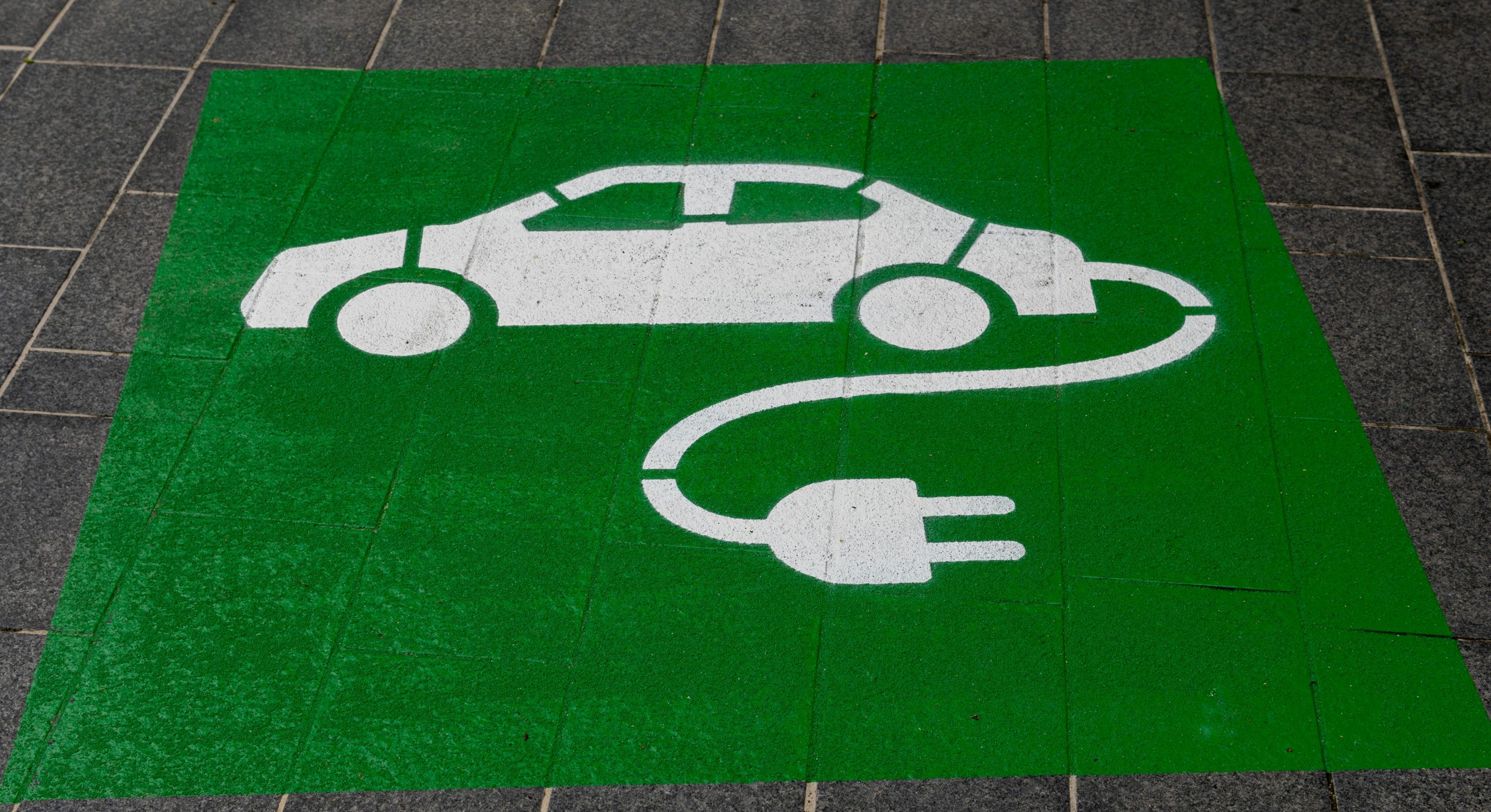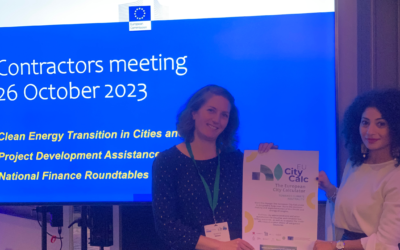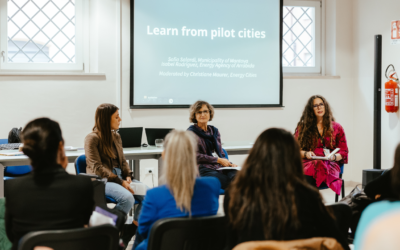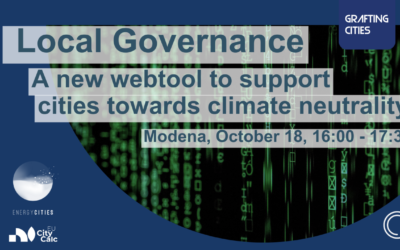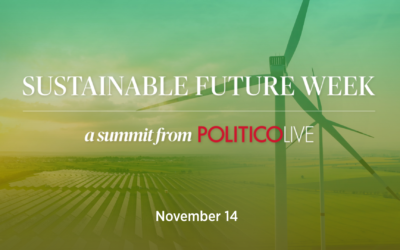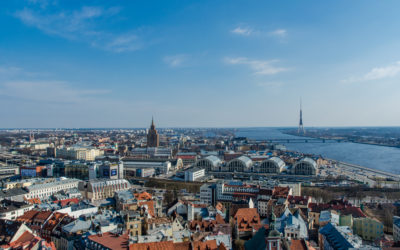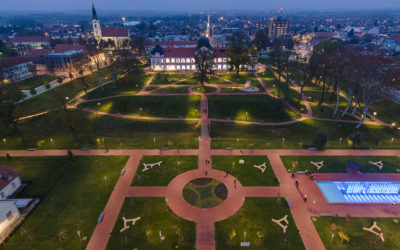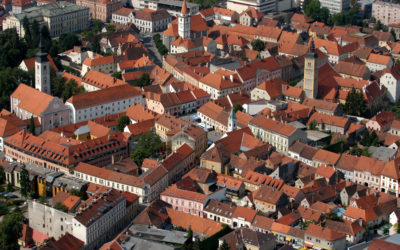ENA – on behalf of Palmela, Sesimbra, and Setubal – joined a NECP dialogue roundtable to make local authorities’ voices heard by the national government
In a collective effort to address climate change and advance towards carbon neutrality, Portugal is taking significant strides through the National Energy and Climate Plan (NECP). In terms of goals, Portugal commits itself to – among other things – reduce its greenhouse gas emissions between 45% to 55% in comparison to 2005 levels, to make a 47% incorporation of renewable energies, and to invest 35% in greater energy efficiency.
For the EUCityCalc project, the Energy and Environment Agency of Arrábida (ENA) is involved in a series of round tables organised within the EU-funded project NECPlatform. This initiative aims at establishing a framework for collaboration between national and regional/local administrative levels. The objective is to align actions and initiatives to achieve common climate and energy objectives outlined in the NECP. Indeed, according to art.11 of the Regulation on the Governance of the Energy Union and Climate Action, Member States are asked to set up “climate and energy dialogues” with relevant stakeholders, including local authorities.
Mobility and building at the heart of the multi-level dialogue
The first dialogue took place on 30 January in Caldas da Rainha and it was focused on mobility. The event was attended by representatives from the national government responsible for NECP review, relevant organizations involved in energy and climate strategies, and representatives from regional and local governments. The discussion aimed at fostering synergies and coordination among different stakeholders to tackle mobility and building issues.
The data gathered from the pilot cities of Palmela, Sesimbra and Setubal and the low-carbon scenarios simulated by the European City Calculator helped ENA to draft a few recommendations. These are the key conclusions and suggestions agreed on during the meeting:
- Improvement of the electrical infrastructure (supply and power networks).
- Standardisation and harmonization of the emissions’ calculation metrics at national, regional, and local levels.
- Clear definition of scope 1, 2 and 3 for cities.
- Inclusion of CO2 capture for industrial processes.
- Training for municipal technicians working on the Local Climate Action Plans required by law.
- Making the necessary regulatory changes to allow municipalities to participate in the creation of these models (currently there are constraints in the Public Procurement Procedures that make impossible factual participation).
- Enhancement of connections between public transport networks, especially in rural areas.
- Provision of administrative instruments to municipalities for implementing certain solutions (e.g., tender specifications)
- Simplification of procedures for licensing and installing charging points.
- Prioritization of electrification of the logistic sector.
- Necessity to integrate mobility measures with the rail network.
- Encouragement of decentralised production: selling to the grid vs. self-consumption.
The outcomes of these roundtables will contribute to the ongoing revision of the NECP, ensuring that Portugal remains aligned with its climate and energy objectives while fostering collaboration and innovation at all administrative levels. ENA will join also the next thematic dialogues that will take place between April 2024 and January 2025.
By leveraging the expertise and insights of various stakeholders, Portugal is paving the way for a sustainable and resilient future.
Read the full report here.
Read our toolkit to learn more about how cities can unlock their climate action here.

